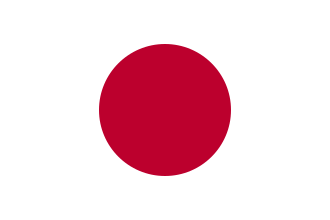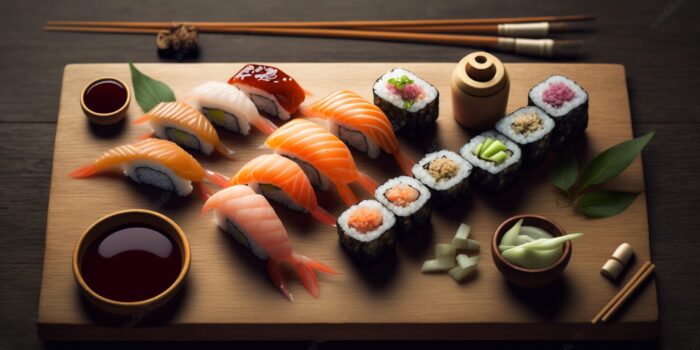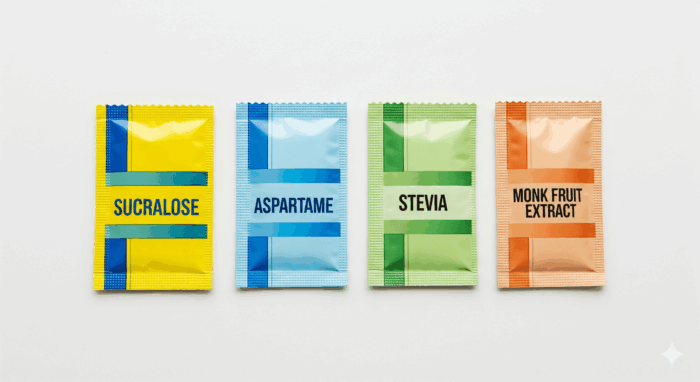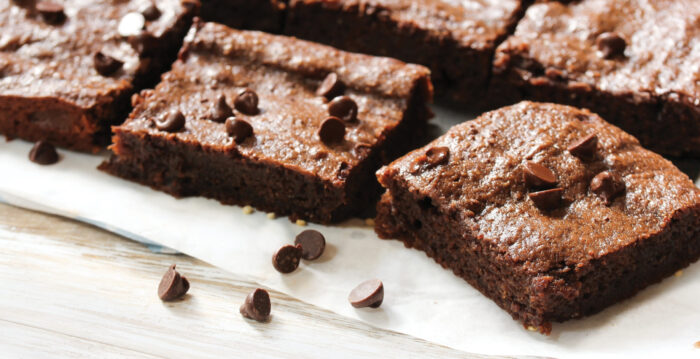The Tur (Orach Chaim 581) writes that in Ashkenazi countries, the custom on Rosh Hashanah evening is to eat a sweet apple dipped in honey and to say, “May the new year be sweet for us.” Some also have the custom to dip the challah slice in honey, symbolizing a wish for a good and sweet year, based on the verse (Nehemiah 8:10) about Rosh Hashanah: “Go eat rich foods and drink sweet drinks and send portions to anyone who has nothing prepared, for this day is holy to Hashem.”
Why is honey kosher?
The Gemara in Bechoros 5B teaches us: “That which emerges from the non-kosher is non-kosher.” If so, why is honey kosher? After all, honey comes from bees which are non-kosher.
There are two possible explanations (Bechoros 7B): 1) Honey is not considered a secretion from the bee itself. It is simply a flower nectar that the bee collects, stores, and then expels (and the trace amounts of saliva are not considered significant enough to prohibit the honey); 2) Rabbi Yaakov – honey is considered bees’ secretions, but there is a special learning of a possuk that teaches us that bees` honey is kosher and an exception to the rule.
The Gemara discusses whether bee honey is the only kosher honey, or if honey produced by other insects, like wasps and hornets, is kosher, as well. According to the Baraita, since the initial source of honey is flower nectar, honey produced by other animals from nectar is also permissible. However, according to Rabbi Yaakov this is a novel interpretation requiring an explicit Scriptural basis, and only bee honey is allowed.
The Tosefta and Ramban’s Hilchot Bechorot rule like Rabbi Yaakov, prohibiting wasp honey due to the uncertainty involved, as it is a case of a potential Torah prohibition. This opinion is also supported by the Rosh. However, Rabbeinu Tam in Sefer HaYashar and the Rambam (Hilchot Ma’achalos Asuros 3:3) allow wasp honey, citing an explicit Mishnah (Mishnah Mikvaos 6:4) saying wasp honey is pure and permissible. The Shulchan Oruch ultimately rules that one need not be concerned, as wasp honey is rarely found in our areas, and most wasp species do not produce honey, and certainly not in an organized hive.
Does honey need a hechsher?
The short answer is yes.
Often honey is packed in industrial packaging and transported to retail packaging facilities. During the repacking process, the honey is heated for better flow through the bottling equipment and these bottling facilities may also process heated dairy and non-kosher production on the same equipment. OK Kosher therefore recommends buying all retail packaged honey with a reliable certification.
It should be noted that heating honey before filtering out bee parts does not pose a kosher concern; these parts only give a bad taste to the honey and, therefore, do not make it non-kosher. When buying honey for Passover it is important to look for honey that is certified for Passover.
Honey with added flavors will certainly (even industrial) always require reliable certification.
What is honeydew honey and is it kosher?
Forest honey, also known as honeydew honey, is not produced from flower nectar like regular honey; rather, it is made from a sugary solution (honeydew) that is extracted from plant-sucking insects. These insects consume sap from trees, keep some of the sap for nutrients, and secrete the remaining sap as a sweet and sticky liquid on the leaves, trees, and ground. This secretion is then collected by the honeybees who produce honey in a similar process to regular honey.
The mainstream approach is that since the starting material (insect secretion) itself is considered non-kosher, the honey should be non-kosher. Some lenient approaches maintain that all types of bee honey are kosher. OK Kosher does not certify honeydew honey.


 EN
EN  ZH
ZH  KR
KR  BR
BR  ES
ES  IN
IN  IL
IL  JP
JP 




